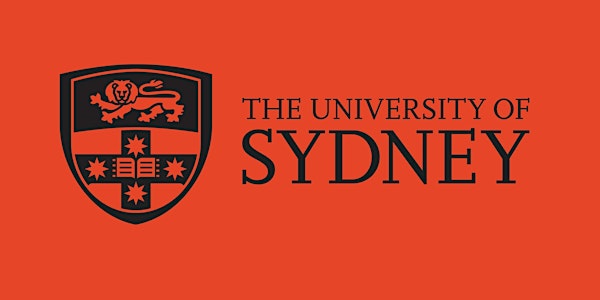
Postgraduate Masterclass for the Master of Crosscultural and Applied Linguistics
Date and time
Location
New Law Lecture Theatre 024
New Law School Annexe University of Sydney, NSW 2006 AustraliaDescription
Postgraduate Masterclass for the Master of Crosscultural and Applied Linguistics
Presented by Associate Professor Ahmar Mahboob
Experience first-hand one of the classes that may form your future course at the University of Sydney. Postgraduate masterclasses are your opportunity to join a class from the actual course curriculum, delivered by a leading academic from the program.
Language, Society and Power
Language is a symbolic currency: mastery of the standard language can buy institutional power, mastery of urban teenage slang can buy street cred. This masterclass will introduce you to key issues in sociolinguistics and language sociology, such as the political economy of language, language variation and change, and positive discourse analysis.
This class is delivered as part of LNGS7002 Language, Society and Power – a unit of study offered as an elective through the Master of Crosscultural and Applied Linguistics.
About the presenter
Dr Ahmar Mahboob earned his PhD at Indiana University, Bloomington, in 2003. The title of his dissertation was: Status of nonnative English speakers as ESL teachers in the United States. Ahmar is keenly interested in the application of language sciences to developmental issues, with a particular focus on education. His primary research interest is on an examination of policies, practices, and implications of language variation in local and global contexts. In pursuing this goal, Ahmar draws from and contributes to a range of linguistics and applied linguistics traditions, theories, and methodologies.